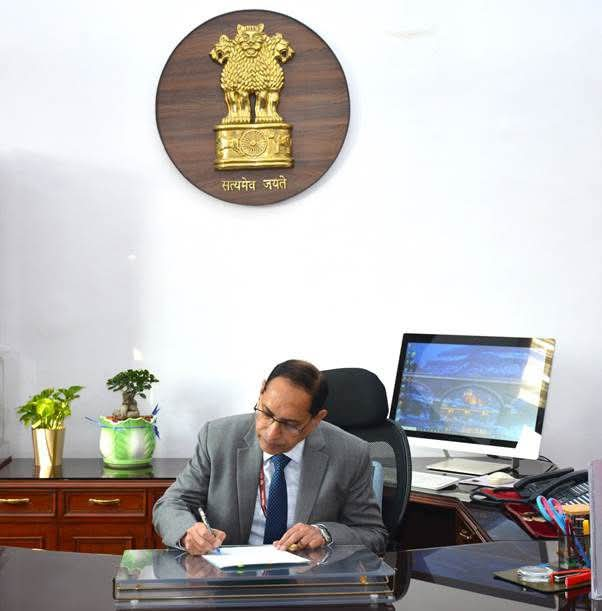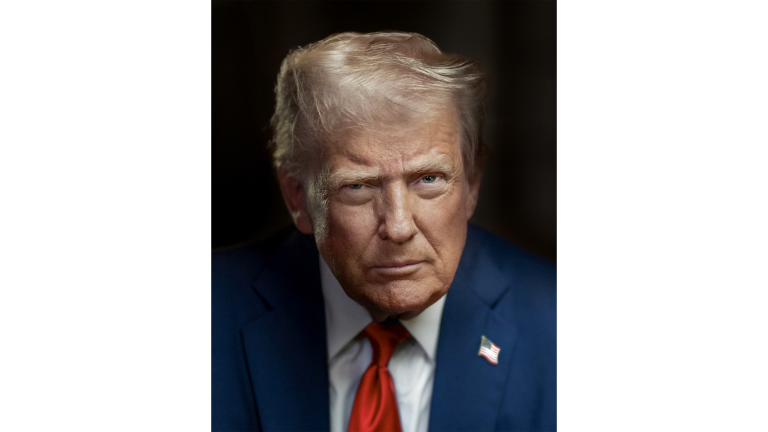
Tuhin Kanta Pandey
New Delhi: The Securities and Exchange Board of India (SEBI) has got a new chairman amid heightened scrutiny and calls for significant reforms within the organization. Tuhin Kanta Pandey has assumed the role for the next three years, succeeding Madhabi Puri Buch, whose tenure concludes today.
An Indian Administrative Service (IAS) officer from the 1987 Odisha cadre, Pandey currently serves as both Finance Secretary and Revenue Secretary. He has played a pivotal role in advancing India’s economic reforms, particularly in overseeing the strategic disinvestment of public sector enterprises, including the notable privatization of Air India and IDBI Bank. His previous responsibilities included serving as Secretary for three key departments: the Department of Investment & Public Asset Management (DIPAM), the Department of Public Enterprises (DPE), and the Department of Personnel and Training, with both DIPAM and DPE operating under the Ministry of Finance.
Pandey holds a Master’s degree in Economics from Panjab University, Chandigarh, and an MBA from the University of Birmingham in the United Kingdom. His extensive knowledge of financial markets and economic policy is anticipated to provide a new outlook on SEBI’s regulatory practices.
His appointment arrives at a crucial juncture for SEBI, which is currently facing significant scrutiny due to various regulatory and governance issues. The market regulator has been involved in controversies regarding its management of corporate governance breaches, alleged shortcomings in investigating stock market manipulations, and questions surrounding transparency in high-profile case adjudications.
A major concern has been SEBI’s ongoing investigation into alleged violations related to the Adani-Hindenburg controversy, where the regulator has been criticized for the speed and effectiveness of its inquiries. Furthermore, SEBI is grappling with regulatory shortcomings in areas such as mutual funds, IPO oversight, and governance challenges within listed companies.
Madhabi Puri Buch made history as the first woman and the first individual from the private sector to assume leadership of SEBI. However, her ambitious initiatives aimed at improving market transparency and safeguarding investors were eclipsed by a significant controversy in August 2024, when Hindenburg Research accused her and her husband of undisclosed investments in offshore entities associated with the Adani Group. These allegations raised concerns about potential conflicts of interest that could compromise SEBI’s investigations into the group’s financial activities. Both Buch and the Adani Group firmly rejected these claims, emphasizing their dedication to transparency and regulatory compliance. Nevertheless, the controversy sparked public indignation and prompted protests led by opposition parties, who called for an independent investigation. Additionally, the Supreme Court and various market analysts scrutinized SEBI’s handling of cases involving foreign portfolio investors (FPIs) and the delisting procedures for certain major corporations. The agency faced further challenges due to regulatory obstacles in Algorithmic Trading (Algo Trading) and insider trading cases.
Buch’s leadership faced criticism primarily for several reasons. There were allegations of a sluggish response in the Adani-Hindenburg matter, with accusations that SEBI was ineffective in addressing claims of stock manipulation and governance failures. Concerns were also raised regarding a lack of transparency in managing Foreign Portfolio Investors (FPIs), especially in relation to large corporate conglomerates and offshore fund transactions. Regulatory challenges in the delisting of specific companies led to accusations of preferential treatment towards certain business entities. Furthermore, conflicts arose with key market participants over SEBI’s stringent disclosure requirements, which some industry leaders contended hindered market development. Despite these challenges, Buch was recognized for introducing a technology-driven approach to SEBI’s operations, enhancing data analytics for market surveillance, and tightening disclosure standards for Alternative Investment Funds (AIFs).
While her future plans are not yet defined, industry insiders indicate that Buch might pursue an advisory position within the financial sector or engage with international regulatory organizations. However, the notable controversies that arose during her leadership at SEBI have raised concerns regarding the regulator’s integrity and effectiveness. The government’s choice not to extend Buch’s tenure, allowing her to retire without further public scrutiny, has been interpreted by some as a strategy to avoid additional controversy.
The appointment of Pandey marks a significant turning point for SEBI, as the organization strives to navigate the intricacies of contemporary financial markets while fulfilling its responsibility to safeguard investors and ensure equitable market practices. Throughout his term, several key initiatives are expected to take precedence. A primary goal will be to enhance transparency by implementing rigorous disclosure requirements designed to rebuild investor confidence and foster accountability within the market. Furthermore, a strong emphasis will be placed on improving regulatory oversight, which entails overhauling SEBI’s investigative processes to expedite responses to market misconduct and reduce potential conflicts of interest. Engaging with stakeholders will also be vital, as building collaborations with market participants, policymakers, and the public is crucial for developing a more inclusive and resilient financial environment.
The upcoming years will be crucial in assessing whether this leadership transition can successfully rectify previous deficiencies and chart a new direction for India’s market regulator. As he assumes the role of SEBI Chairman, Pandey confronts the challenging responsibility of reinstating public confidence in the regulator and tackling the systemic issues that have affected India’s financial markets. With the increasing complexity and globalization of financial markets, the new SEBI chief must work to restore trust in the regulatory framework while ensuring that India’s capital markets remain strong and appealing to investors.
*Senior journalist






